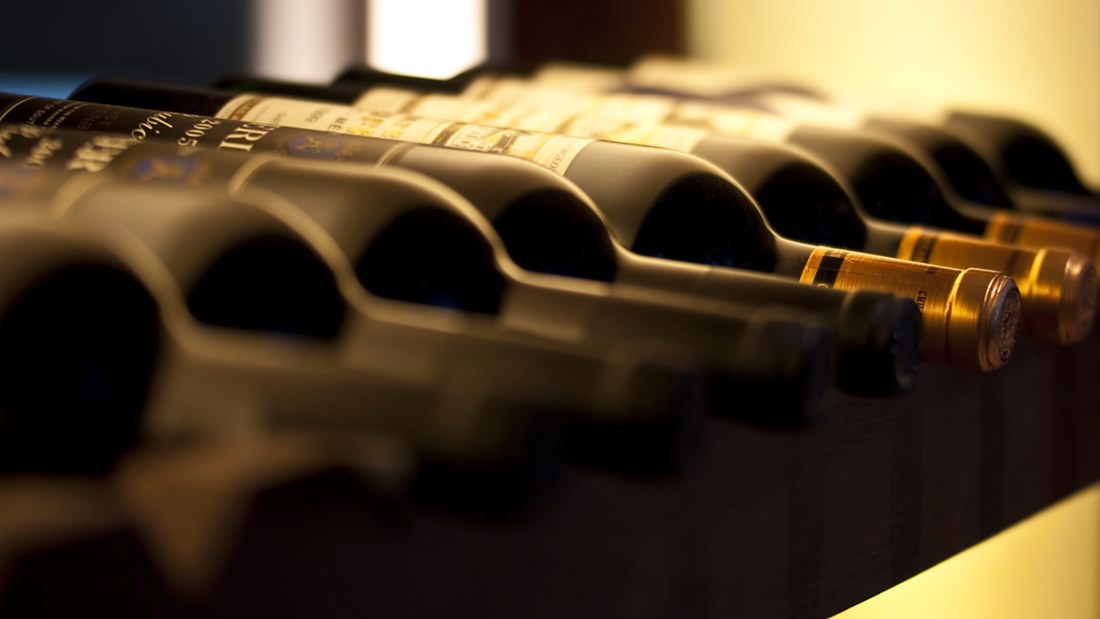
07 May Do all Wines Benefit from Cellaring?
This question crosses the minds of many people and if we have to answer it in one sentence – Most top wines improve with age! When wine matures naturally, its flavours evolve and they develop a greater complexity as well as bottle-aged characters. During the maturing process, a number of complex reactions take place which create many different flavours and aromas. Even as all of this happens, the structure of the wine changes which alters its character in a very distinctive manner.
Find the “Drinking Window” of your Wine
Though it’s good to conduct a certain amount of research, when you plan on cellaring wines, it’s also a good idea to buy just a few bottles of each of the wines you plan on cellaring. Keep track of how it is developing. When you do this, you will be able to find the ideal “drinking window” of each of the wines, based on your personal taste preferences. Let’s understand a little more about which wines benefit from cellaring and which ones, not so much.
Cellaring Fine Wines
All Penfolds Bin, Icon and Luxury wines will benefit from careful cellaring. But the bottle maturation period will be based on whether the wine is white/red, its ‘style’, its vintage and the bottle format (size). You will find that a number of wines are specifically made for much earlier consumption while others will unfurl their true flavours and nuances only when they are cellared for a long time. Typically, red wines enjoy longer & much more predictable cellaring compared to white wines.
Store Wine in Cellars
The introduction of the screw-cap-closure has helped in maintaining the quality and freshness of wines (especially white ones). Some white wines can evolve in a very dramatic way for a decade or longer. If a wine is poorly stored, it might not retain its original freshness. In most instances, it will also develop much faster & far less predictably compared to bottles that have seen consistently temperature-controlled maturing in a custom designed cellar.
The Impact of Temperature Fluctuation
Wine that has been exposed to fluctuations in temperature will deteriorate fast. It’s also important to transport and store wines in cool conditions. The place where you store them should have minimal temperature fluctuations too. If you’re red wine has a lot of fruit floating in it, its best not to cellar it for too long. Most French wines, red, white and sparkling will age very well and benefit from cellaring, but you will have to be patient and ensure that the storage conditions are maintained at optimum levels at all times.
Storing Tips
- Regardless of whether you are storing red or white wines, the bottles should always be stored horizontally- this ensures that the cork stays moist. If you leave the bottle standing upright, the cork can dry, crack and crumble. At times this can result in shrinkage of the cork which will allow air to get into the bottle; eventually this will result in oxidation of the wine
- The bottles with screw-caps are more resilient, but it’s a good idea to place these bottles horizontally too. In case there is a damage, you will be able to notice the leakage much sooner
- When you store wine in racks, its best to face the bottle label upwards. This allows you to see where the sedimentation is and helps when you are decanting the wine
How Long Does it Take for a Wine to Improve in a Bottle?
It’s not very easy to predict exactly when a wine’s “drinking window” will open up. Some people enjoy their wines when the flavours are more subtle and young, while others prefer fully-mature wines. Do you like red wines that have distinctively fruity characters or ones with more mature expressions such as cedar, coffee and tobacco? This is largely a matter of individual preference and is based on the vintage and style of the wine in the picture.
Bottles in a smaller format tend to mature faster than magnums or standard bottles. Keep all these things in mind when you are buying your wines and cellaring them. For the widest range of medium-large scale wine cellar solutions for residences, call Signature Cellars on 0412 521 226. You can also use this contact form to get in touch with us.
Thanks for reading,
Neil Smallman
Signature Cellars
02 9340 7515




No Comments